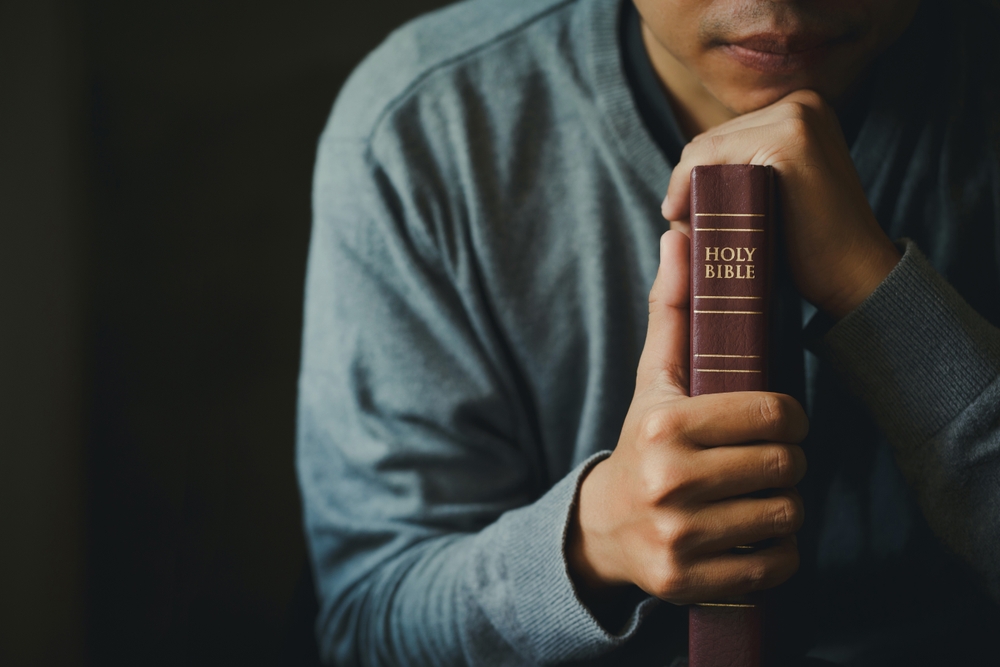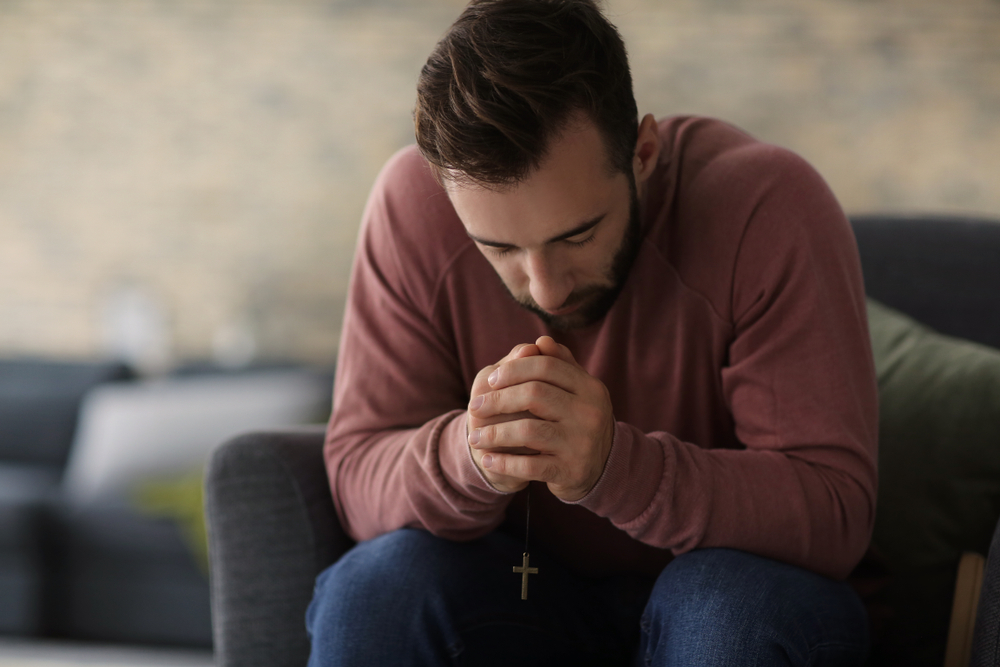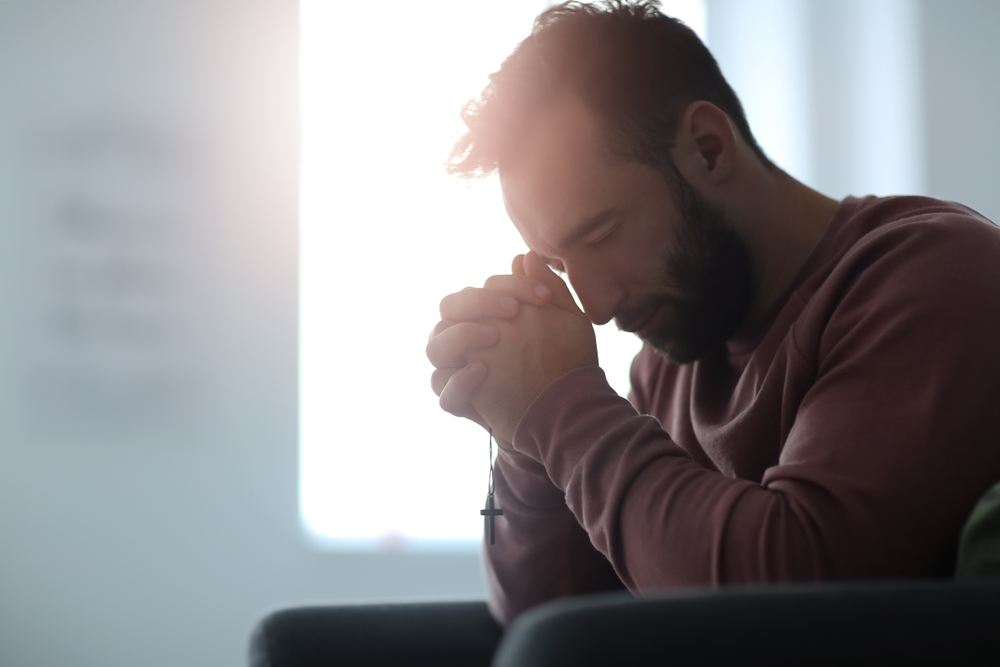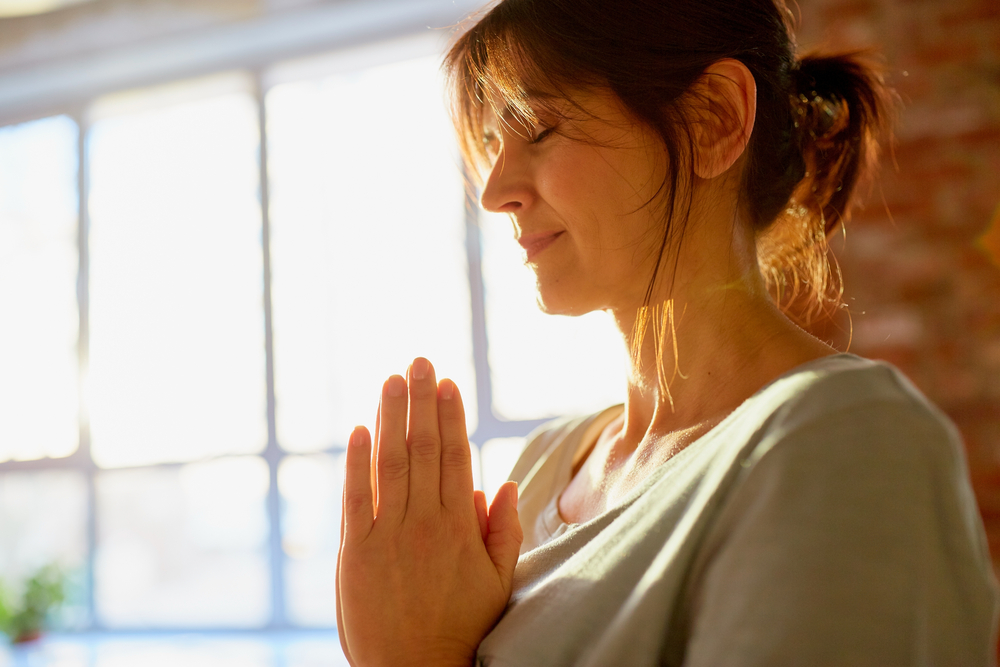Religious trauma—it’s a tough topic, but an important one. Sometimes, the way people talk can give us clues about their experiences with religion, especially if those experiences leave some emotional bruises. Here are some phrases that might indicate someone is carrying some heavy religious baggage.
1. “I’m afraid I’ll go to hell for this.”

Oh, this one’s a heartbreaker. Imagine carrying around the weight of eternal damnation for every little thing you do. Even if someone’s left their religion long behind, that fear is still lurking in their mind. It can make it really hard to relax and enjoy life when you’re constantly worried about consequences.
2. “God is always watching and judging me.”

Talk about performance anxiety on a spiritual level! This one speaks to a feeling of being under constant surveillance. It’s like having a camera pointed at you 24/7, recording your every move. People who say this might find it hard to ever truly let their guard down. It can lead to a kind of exhaustion, always trying to be “good enough” for an all-seeing, all-judging presence.
3. “I don’t deserve good things because I’m a sinner.”

This belief can be a real saboteur, making it hard for someone to accept love, success, or happiness because deep down, they don’t think they deserve it. It’s kind of like they’ve internalized the idea that they are defective. Sad, right?
4. “I’m afraid to question or doubt.”

This one’s all about intellectual fear. People who say this might have come from religious backgrounds where doubts were seen as dangerous or sinful. As a result, they might struggle with critical thinking or feel guilty for questioning things, even outside of religious contexts.
5. “I feel guilty for everything.”

Ah, the old guilt blanket. Cozy, isn’t it? This phrase suggests that someone’s working with a hair-trigger guilt reflex, likely cultivated in a religious environment that would emphasize sin and moral failings. This constant guilt can be exhausting and make it especially hard to enjoy the little things in life.
6. “I feel like God is testing me all the time.”

Every hardship becomes a divine test, every joy a potential trap. It’s like living in a spiritual version of a reality TV show, always on camera, always being evaluated. This mindset can make it hard to find peace or to view life’s ups and downs as natural occurrences rather than judgments.
7. “I’m afraid of being myself.”

This one cuts deep. It speaks to a disconnection from one’s authentic self, often born from religious teachings that prioritize conformity and self-denial. It’s like someone’s true self has been labeled as sinful or wrong, so they keep it hidden away and it’s not a good way to feel.
8. “I can’t trust my own thoughts or feelings.”

Some religious teachings talk about the untrustworthiness of human nature, which is where this fear stems from. People who say this might constantly second-guess themselves, looking for external validation rather than trusting their own judgment. They’re never quite sure if they can trust the voice in their own head and it affects them in every aspect of life.
9. “I feel like I’m never doing enough.”

This phrase shows that someone’s caught in a cycle of constantly trying to prove their worth, likely stemming from religious ideas about earning salvation or God’s love. Think of it as this: they’re on a hamster wheel of good deeds and spiritual tasks, always running but never quite reaching the goal. This can lead to burnout and a persistent feeling of worthlessness.
10. “I’m afraid of my own sexuality.”

According to Psychology Today, many religions have strict teachings about sex and sexuality, and this phrase suggests those teachings have left some scars. Someone who expresses this might struggle with intimacy, self-acceptance, or even basic physical affection. It’s as if a fundamental part of their humanity has been labeled as dangerous or dirty.
11. “I’m afraid of the rapture happening.”

End times anxiety, anyone? This phrase shows a lingering fear of apocalyptic religious scenarios. Even if someone has intellectually left these beliefs behind, the emotional impact can remain. It’s living with a low-grade fear that the world could end at any moment, making it hard to plan for the future or fully engage with the present.
12. “I feel like I’m going crazy for questioning my faith.”

This phrase speaks to the cognitive dissonance that can come with religious doubts. It suggests someone’s struggling with questions that challenge their religious worldview, but they’ve been taught that these questions are wrong or dangerous.
13. “I can’t stand the sight of religious symbols.”

For someone with religious trauma, symbols that are meant to be comforting can instead provoke anxiety or anger. This can make it challenging for these people to navigate a world where religious imagery is often reflected.
14. “I feel like I have to earn God’s love.”

Sounds like someone’s internalized the idea that God’s affection is something to be earned rather than freely given. This can lead to exhaustion, perfectionism, and a deep-seated feeling of unworthiness, always striving to meet some arbitrary standard.
15. “I’m scared of making my own decisions.”

In some religious contexts, independent thinking is discouraged. Instead, they tell you to rely on religious leaders or texts for guidance. People who say this might feel paralyzed when faced with choices, always looking for some external authority to tell them what to do.








